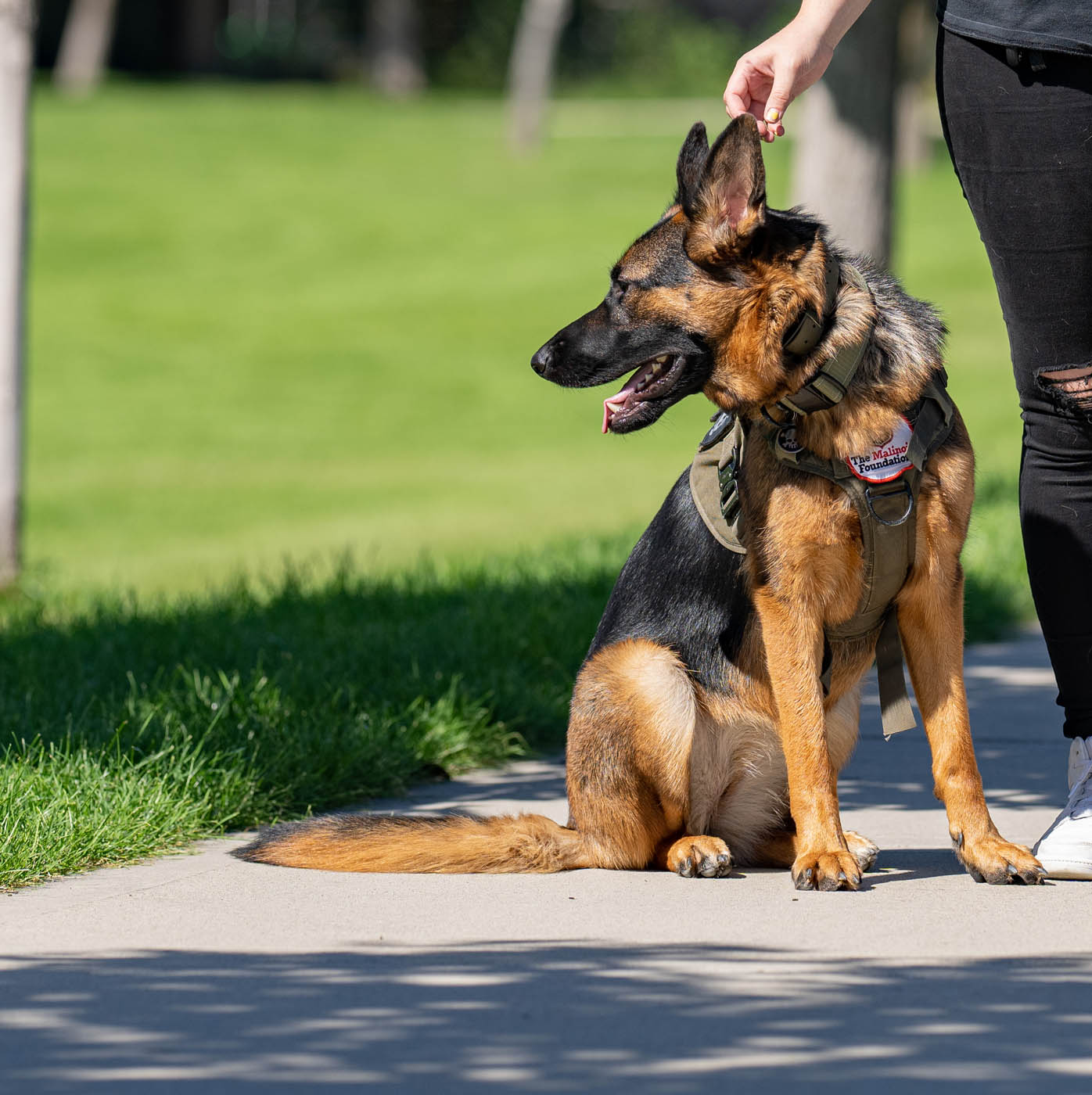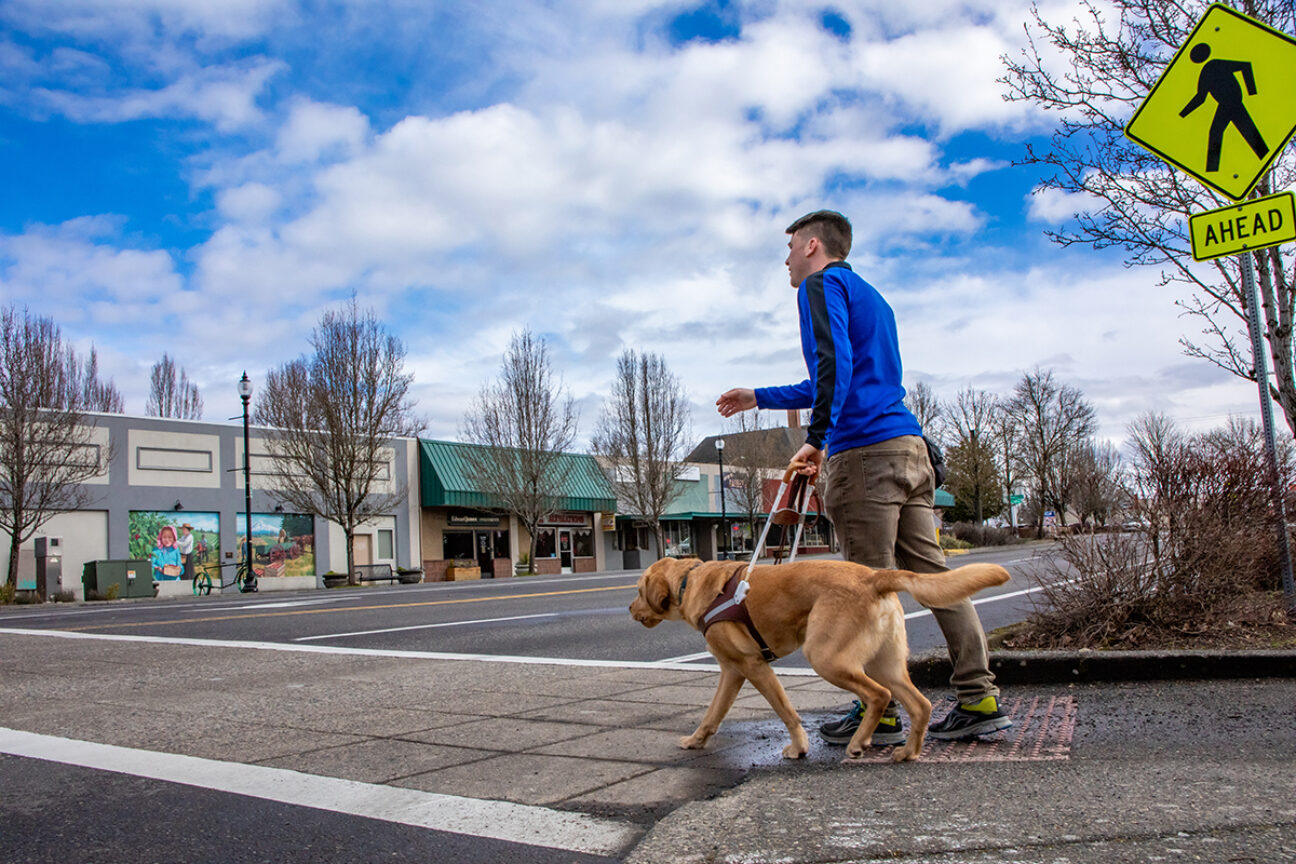Professional Insights on Dog Training Charlotte NC: Transform Your Dog Today
Professional Insights on Dog Training Charlotte NC: Transform Your Dog Today
Blog Article
Unlock Your Pet dog's Possible: Proven Pet Dog Training Techniques for Success
Reliable dog training is a nuanced process that pivots on recognizing canine behavior and using scientifically backed approaches. dog training charlotte nc. By incorporating favorable support, establishing clear commands, and focusing on socialization, pet proprietors can cultivate an efficient partnership with their pets. Nonetheless, obstacles commonly develop that call for tailored solutions and an individual technique. Checking out these verified techniques reveals not only the potential for behavioral renovation but likewise the deeper bond that can be developed in between owner and dog. What necessary approaches must be thought about to absolutely open your canine's potential?
Recognizing Canine Actions
Understanding pet dog habits is necessary for effective training and fostering a positive partnership in between canines and their owners. A comprehensive understanding of canine body language, articulations, and social interactions is essential for acknowledging their feelings and needs. Dogs interact largely via non-verbal hints; for instance, a wagging tail might show enjoyment, while pinned ears can signify worry or entry.

Furthermore, environmental aspects play a considerable duty in shaping a pet dog's behavior. Adjustments in regular, new environments, or the visibility of strange individuals can lead to stress and anxiety or anxiousness in pets. Identifying these triggers allows owners to mitigate adverse reactions and establish ideal training techniques.
Inevitably, a deep understanding of dog habits lays the structure for effective training approaches, improving both habits and the total bond in between the pet and its owner. Dog training. This understanding is essential for promoting a well-adjusted, satisfied canine friend
Positive Support Techniques
Reliable training counts heavily on favorable reinforcement methods, which have actually been shown to yield substantial results in forming preferred habits in canines. This method includes awarding a pet for displaying particular behaviors, therefore enhancing the likelihood that these behaviors will certainly be repeated. Rewards can take various types, including deals with, praise, toys, or playtime, depending on what inspires the specific pet.

It is important to gradually terminate incentives as the pet dog discovers the habits, transitioning to recurring reinforcement. This method preserves the behavior in time while preventing dependence on constant incentives. By concentrating on positive reinforcement, trainers can grow a trusting relationship with their dogs, promoting a healthy and cooperative training environment that improves total obedience and performance.
Establishing Constant Commands
A fundamental facet of effective canine training is the facility of constant commands. Uniformity in commands is critical for efficient interaction between the fitness instructor and the pet. When commands are uniform, canines learn to associate certain words with desired behaviors, which speeds up the training procedure and enhances understanding.
To establish consistent commands, it is essential that all relative utilize the very same terms and gestures. If one individual makes use of "sit" while one more claims "sit down," it can develop confusion for the pet dog. Select clear, unique words for commands and make certain everybody involved in the pet's training complies with these choices.
Strengthen commands via frequent method, ensuring that the pet gets sufficient opportunities to respond correctly. When a pet successfully complies with a command, prompt favorable support ought to follow.
Lastly, hold your horses. Developing constant commands requires time and effort. With devotion and clearness, you will help your dog create a strong understanding of assumptions, eventually causing a well-behaved buddy.
Socialization and Exposure
Socializing a pet dog is vital for promoting a well-adjusted and certain friend. This process includes subjecting your canine to a selection of atmospheres, people, and various other pets to develop their social skills and versatility. Early socializing, preferably between the ages of 3 to fourteen weeks, is crucial, as it lays the foundation for a pet dog's future actions.
Throughout socialization, goal to offer positive experiences in various settings, such as parks, active roads, and homes with various other pet dogs. Present your pet dog to various stimulations, including audios, sights, and smells, guaranteeing that each encounter is rewarding. This exposure aids reduce worry and anxiety, leading the way for a much more durable pet.
Involving in controlled group play sessions with other pets can also boost social abilities, showing your pet suitable interactions and boundaries. Constantly check your dog's comfort continue reading this degree during these experiences, slowly boosting direct exposure as their confidence grows. Keep in mind, the goal is to develop a well-rounded animal that flourishes in varied situations, promoting a harmonious partnership with both people and other animals. Focusing on socialization will dramatically add to your canine's overall happiness and behavior cost of puppy training throughout their life.
Overcoming Common Training Challenges

Another regular issue is disturbance. Pet dogs might battle to concentrate in strange or hectic settings. Slowly desensitize your pet dog to interruptions by starting training in a quiet atmosphere and slowly introducing more stimulations as they come to be skilled (dog training near me). Favorable reinforcement methods, such as treats and praise, can preserve inspiration and emphasis.
Additionally, behavioral concerns like leaping or extreme barking can end up being aggravating. Address these by instructing alternative actions, such as sitting calmly when greeting visitors. Uniformity and perseverance are essential; reinforce wanted habits continually and avoid abuse, which can lead to confusion.
Last but not least, acknowledge that each canine is one-of-a-kind, and training timelines may vary. Dressmaker your strategy to your pet's individual demands, and seek professional advice if required. With perseverance and the ideal techniques, conquering these challenges can cause a well-trained, pleased canine companion.
Verdict
To conclude, opening a pet dog's potential demands an extensive approach that incorporates an understanding of canine habits, the application of positive support techniques, and website link the establishment of constant commands. Early socialization and direct exposure to diverse environments additionally boost a canine's adaptability and confidence. By attending to typical training challenges with customized approaches and perseverance, a unified and cooperative connection between pet dog and handler can be cultivated, inevitably leading to a mannerly companion capable of prospering in various situations.
Reliable dog training is a nuanced process that pivots on understanding canine behavior and using clinically backed techniques.Comprehending dog habits is vital for efficient training and cultivating a favorable relationship in between canines and their proprietors.Reliable training relies heavily on favorable support techniques, which have been revealed to yield significant results in shaping preferred habits in pet dogs. When commands are consistent, canines learn to link details words with preferred behaviors, which increases the training process and enhances understanding.
In conclusion, opening a pet dog's prospective demands a thorough technique that incorporates an understanding of canine actions, the application of positive reinforcement methods, and the establishment of constant commands.
Report this page